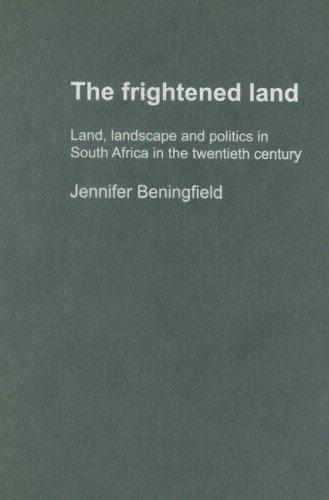

Most ebook files are in PDF format, so you can easily read them using various software such as Foxit Reader or directly on the Google Chrome browser.
Some ebook files are released by publishers in other formats such as .awz, .mobi, .epub, .fb2, etc. You may need to install specific software to read these formats on mobile/PC, such as Calibre.
Please read the tutorial at this link: https://ebookbell.com/faq
We offer FREE conversion to the popular formats you request; however, this may take some time. Therefore, right after payment, please email us, and we will try to provide the service as quickly as possible.
For some exceptional file formats or broken links (if any), please refrain from opening any disputes. Instead, email us first, and we will try to assist within a maximum of 6 hours.
EbookBell Team

4.0
16 reviewsAn investigation into the spatial politics of separation and division in South Africa, principally during the apartheid years, and the effects of these physical and conceptual barriers on the land. In contrast to the weight of literature focusing on post-apartheid South Africa, the focus of this book includes the spatial, political and cultural landscape practices of the apartheid government and also refers to contemporary work done in Australia, England and the US. It probes the uncertainty and ambiguity of identities and cultures in post-apartheid society in order to gain a deep understanding of the history that individuals and society now confront.
Drawing on a wealth of research materials including literature, maps, newspapers, monuments, architectural drawings, government legislation, tourist brochures, political writing and oral histories, this book is well illustrated throughout and is a unique commentary on the spatial politics of a time of enormous change.